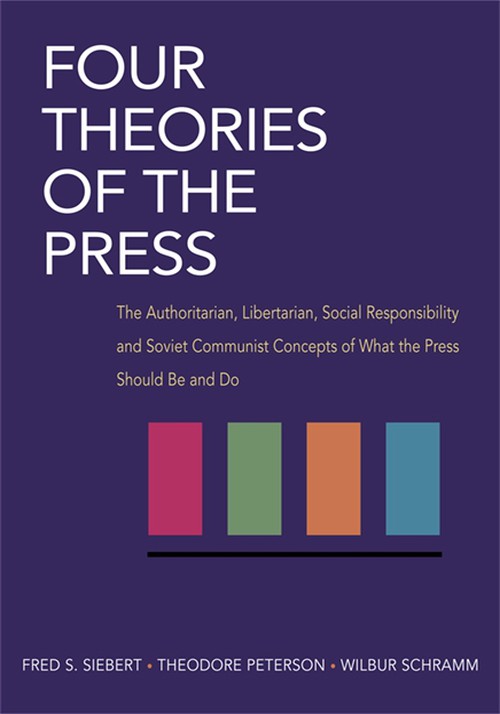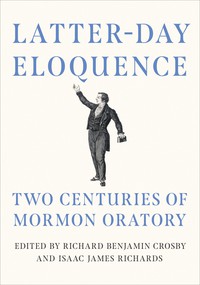About the Book
Presented here are four major theories behind the functioning of the world's presses: (1) the Authoritarian theory, which developed in the late Renaissance and was based on the idea that truth is the product of a few wise men; (2) the Libertarian theory, which arose from the works of men like Milton, Locke, Mill, and Jefferson and avowed that the search for truth is one of man's natural rights; (3) the Social Responsibility theory of the modern day: equal radio and television time for political candidates, the obligations of the newspaper in a one-paper town, etc.; (4) the Soviet Communist theory, an expanded and more positive version of the old Authoritarian theory. About the Author
Fred S. Siebert is Director of the School of Journalism and Communications at the University of Illinois. Theodore Peterson is Associate Professor of Journalism and Communications at the University of Illinois. Wilbur Schramm, former Dean of the Communications Division of the University of Illinois, is Professor of Journalism and Communications at Stanford University.





